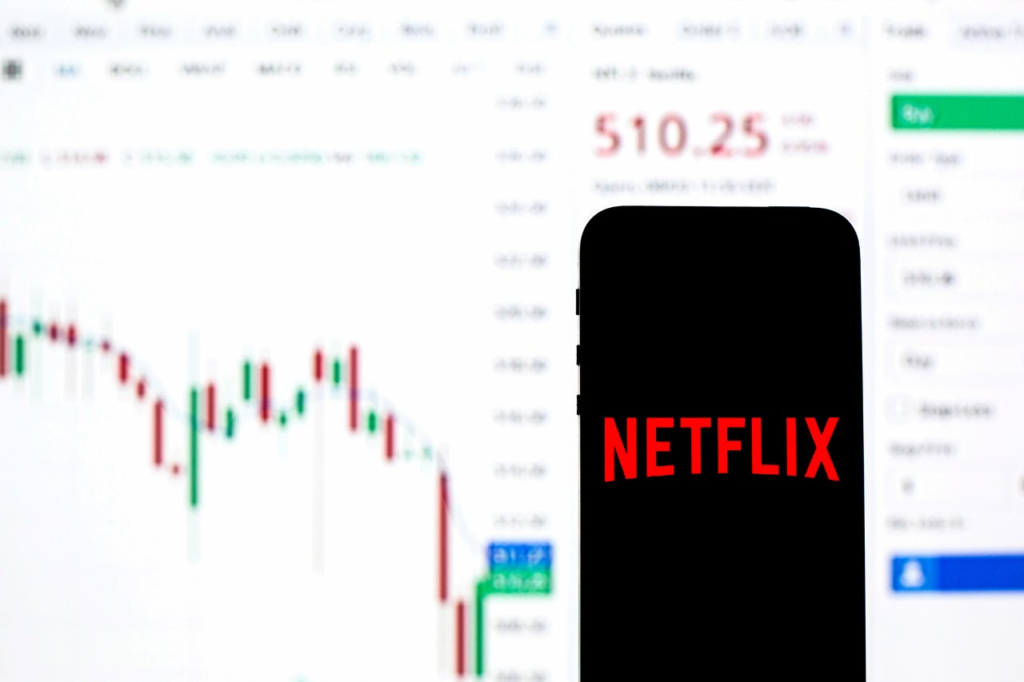Getty Images Editorial Note: In response to Russia’s “unprovoked attack on Ukraine” on February 23, the Cybersecurity & Infrastructure Security Agency (CISA) published an updated set of cybersecurity recommendations for organizations. In the five years since I first explored the potential impact of a Digital Cold War on the IT industry, tensions with Russia have gotten worse, especially following a series of cyberattacks on systems in the United States. These include Russia’s involvement in the SolarWinds breach, as well as its interference with the 2016 US presidential elections via attacks on the Democratic National Committee infrastructure and the purchasing of tens of millions of ads on Facebook in an attempt to sow discontent among US voters. Under Vladimir Putin’s leadership, the nation has focused on international cybersecurity activity for many years. Ukraine invasion Under the pretext of “Peacekeeping operations,” Russia has now initiated a full-scale invasion of Ukraine. Presumably, Russia also has been responsible for recent cyberattacks on Ukrainian banks. In response, the United States, NATO nations, and allied countries have imposed numerous economic sanctions on Russia, including blocking its two state-owned banks from debt trading on US and European markets and freezing their assets under US jurisdictions, as well as freezing the assets of the country’s wealthiest citizens. Germany has halted its plans on Russia’s Nord Stream 2 Gas Pipeline. Further wide-ranging sanctions are expected as Russia continues its assault on Ukraine. On February the 23rd, President Biden condemned the military action and said, “President Putin has chosen a premeditated war that will bring a catastrophic loss of life and human suffering. Russia alone is responsible for the death and destruction this attack will bring, and the United States and its Allies and partners will respond in a united and decisive way. The world will hold Russia accountable.” The economic impacts of this conflict will likely be significant, including a halt on Russian oil and natural gas exports to Western Europe and, presumably, the denial of civil and commercial air transit to Asia through Russian airspace. Although the United States, unlike Europe, is not a major consumer of Russian energy exports, it would be simplistic to say that Russia has no impact on US business at all. An extended conflict with Russia — coupled with the imposition of wide-ranging sanctions — will have a tangible impact on the global technology industry. Software companies with concerns about Russian connections Many companies with significant market share and widespread use within US corporations have various levels of connections with Russia. For example, some were founded in Russia and others are headquartered elsewhere but have a development presence within Russia and other parts of Eastern Europe. UK-incorporated Kaspersky Lab, for example, is a major and well-established player in the antivirus/antimalware space. It maintains its international headquarters and has substantial research and development capabilities in Russia, even though its primary R&D center was moved to Israel in 2017. It’s also thought that Eugene Kaspersky, the company’s founder, has strong personal ties to the Putin-controlled government. Kaspersky has repeatedly denied these allegations, but questions about the man and his company remain and will be further scrutinized, particularly as the conflict develops. In the past, evidence emerged that Kaspersky’s software was involved in compromising the security of a contract employee of the United States National Security Agency in 2015. Kaspersky Lab insists that, to the contrary, the evidence supporting this has not been properly established and has produced an internal audit of the findings. It’s also important to note that companies with no evidence of any wrongdoing are suffering guilt by association. NGINX Inc is the support and consulting arm of an open source reverse proxy web server project that is very popular with some of the most high-volume internet services on the planet. The company is of Russian origin but was sold to F5 Networks in 2019. The founder of the company, Igor Sysoev, announced his departure in January of this year. Parallels, Inc., which Corel acquired in 2018, focuses extensively on virtualization technology. Their Parallels Desktop is one of the most popular solutions for Windows virtualization on the Mac. Historically, their primary development labs were in Moscow and Novosibirsk, Russia. The company was founded by Serguei Beloussov, who was born in the former Soviet Union and later emigrated to Singapore. Two of their products, Virtuozzo and Plesk, were spun off as their own companies in 2017. Parallels’ Odin, a complex management stack for billing and provisioning automation used by service providers and private clouds running on VMware’s virtual infrastructure stack and Microsoft’s Azure, was sold to Ingram Micro in 2015. Acronis, like Parallels, is another company founded by Beloussov. After founding Parallels in 1999, and being involved with both companies for some time, he became CEO of Acronis in May of 2013. The company specializes in cybersecurity products for end-to-end device protection, and in the past, has had bare-metal systems imaging, systems deployment, and storage management products for Microsoft Windows and Linux. The company maintains its global headquarters in Singapore. However, it has substantial R&D operations in Eastern Europe in addition to operations in Israel, Singapore, and the US. Veeam Software founded by Russian-born Ratmir Timashev, concentrates on enterprise backup solutions for VMware and Microsoft public and private cloud stacks. Like Parallels and Acronis, it is also multinational. For many years, it had much of its R&D based out of St. Petersburg, Russia. It was purchased by Insight Partners in 2020 and installed a new management team. However, it has yet to be determined how much Russian legacy code is in its products or continues to be contributed to them. These are only just a few examples. Numerous Russian software firms generate billions of dollars of revenue that have products and services that have significant enterprise penetration in the United States, EMEA, and Asia. There are also many smaller ones that perform niche or specialized services, such as subcontracting. It should also be noted that many mobile apps — including entertainment software for iOS, Android, Windows — also originate in Russia. Russian services firms will also be impacted Many global technology giants in








